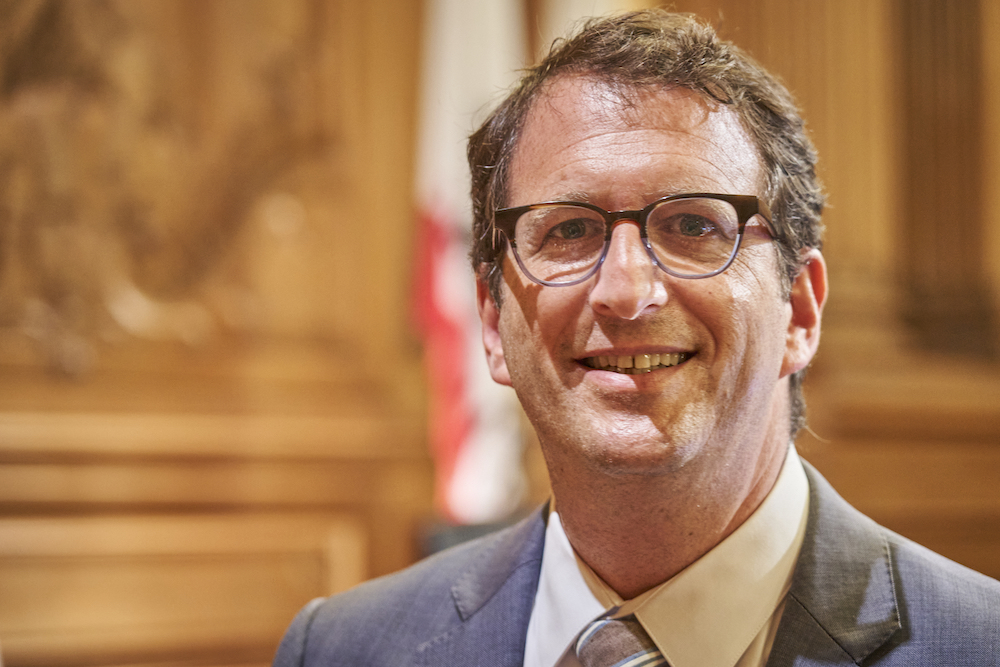The Mayor’s Office of Housing and Community development is sitting on roughly half a billion dollars that could be spent on immediate housing needs, a new audit shows.
And that doesn’t count another close to $200 million in annual tax money earmarked for housing that the mayor has diverted to other uses.

The performance audit, by the supes Budget and Legislative analyst, also says the department has failed to provide regular accurate reports to the supes, and lacks formal procedures and transparency in its decision-making processes.
It concluded that almost every year, the office winds up with a huge unspent surplus, averaging $482 million. From the BLA:
The accumulation and ongoing persistence of high fund balances … indicate, in broad terms, that the city’s local revenues for affordable housing are outpacing its expenditures.
It adds to the evidence that the Breed Administration, while taking dramatic steps to help developers build new luxury housing, is going to fail to meet the state’s mandates for new affordable housing.
In a press statement, Sup. Dean Preston, who called for the audit, noted:
In a city with a notorious lack of affordable housing, we have a department, nested under the Mayor’s Office, that does not follow reporting rules, has highly-politicized decision making, and, with an apparent balance of nearly a half billion dollars, can’t even tell us how much money is committed and how much isn’t.
More:
This audit confirms what many have suspected: the Mayor’s Office itself is a major barrier to our city reaching our affordable housing goals … “We knew it was bad, we had no idea it was this bad.”
In a March 23 response to the audit, MOHED Director Eric Shaw said his department would work to improve transparency, but said that the process for funding affordable housing is so complicated that it’s impossible to set standard policies.
But he never explained why the office has so much money in the bank when there’s so much immediate need; just a fraction of that money could buy dozens of apartment buildings that speculators want to snap up, evict the tenants, and flip for profits.
And yet, it sits there, unspent.
While Shaw said that affordable housing finance is complex and projects can take years to go from concept to construction, the huge balance hasn’t changed much in the past few years.
In fact, it’s growing.
I suspect the supes will hold a hearing on this soon.




